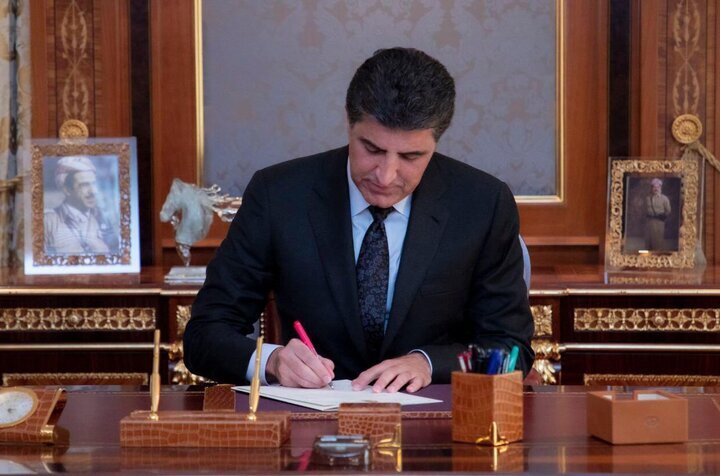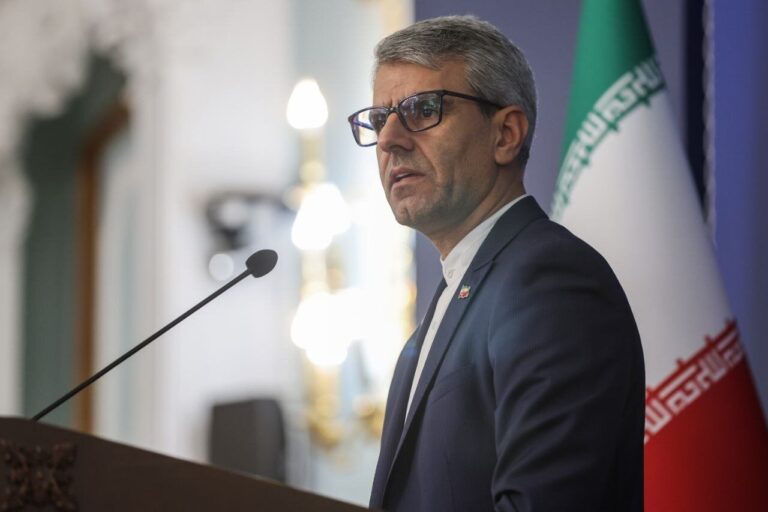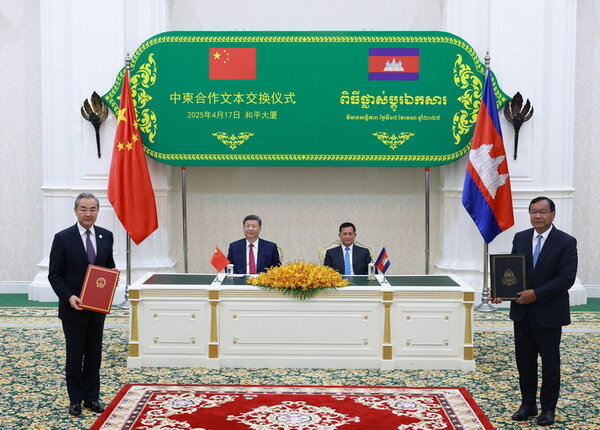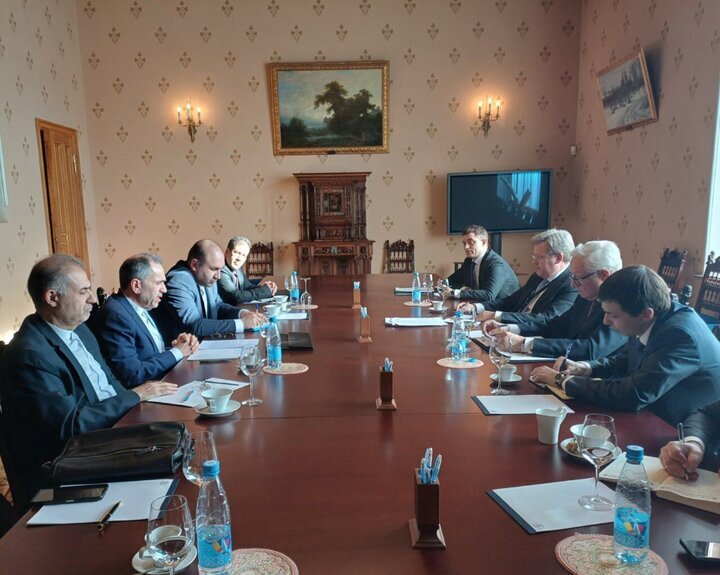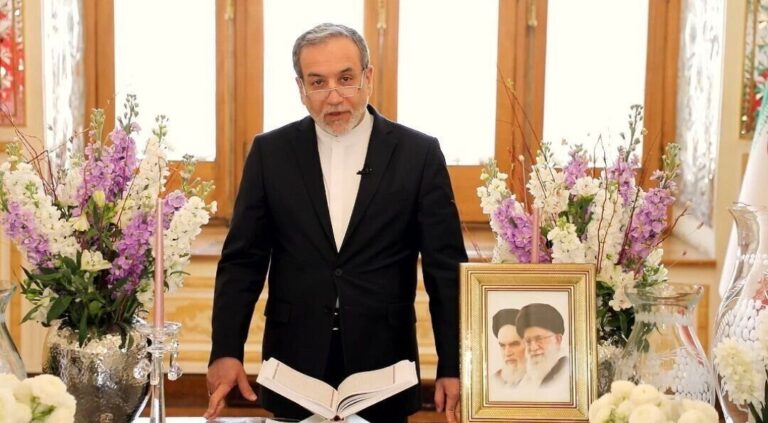Breaking the Cycle: The Consequences of Betraying Palestine for Arab Nations
Since the launch of the Al-Aqsa Flood Operation on October 7, 2023, the longstanding normalization efforts initiated by former Egyptian president Muhammad Anwar Sadat have faced significant challenges. This operation highlights the stark realities faced by Palestinians and the ongoing struggle against Israeli occupation. Sadat’s vision of normalization, presented in the Camp David Accords, portrayed Israel as a beacon of prosperity and democracy, a narrative that has been increasingly questioned in light of current events.
Initially, the goal of normalization was to foster diplomatic, economic, and social relations with Israel, which was framed as an urgent necessity for the Arab world. However, this approach has proven to be a misleading illusion, especially for the Palestinian people, who have been subjected to ongoing hardships. The following points illustrate the current situation:
- Misguided Normalization: The Arab world has been led to believe that disarming resistance was essential for Palestinians to coexist peacefully with Israelis, a notion that has led to disillusionment.
- Oslo Peace Accords’ Impact: Signed by the Palestinian Liberation Organization (PLO), these accords resulted in further tragedies, land annexation, and fragmentation of Palestinian society.
- Fatah’s Betrayal: The PLO’s normalization efforts and security coordination with Israel have resulted in the displacement of millions of Palestinian refugees, betraying those who fought for liberation.
Palestine holds great significance as it encompasses Holy Quds, the first Qibla and the third holiest site in Islam. This underscores the deep emotional and spiritual connection that many Muslims have to this land. Yet, despite the overwhelming media coverage of the ongoing ethnic cleansing in Palestine, the international response has been dishearteningly muted. The silence from both officials and the public is alarming.
Many Arab citizens appear to be desensitized to the daily atrocities experienced by Palestinians. Shocking scenes, such as children scrambling for food amidst devastation, have failed to garner the necessary outrage. The bombardment of mosques, universities, schools, and hospitals is a daily occurrence, yet widespread protest and anger are largely confined to a few Arab countries.
Unfortunately, major television channels, particularly those in the Persian Gulf, prioritize trivial entertainment over the urgent humanitarian crisis unfolding in Gaza. As millions tune in to watch soap operas, the grim realities of destruction, starvation, and ethnic cleansing continue unabated. The loss of life, especially among women and children, has reached catastrophic levels, yet the collective conscience of the Arab world seems dormant.
Global protests against Israeli actions have erupted across continents, with people in North America, Latin America, Europe, Africa, and Asia expressing their outrage. In stark contrast, the majority of Arab nations remain passive. Only the populations of Lebanon, Yemen, and Iraq have demonstrated notable support for the Palestinian resistance and have taken commendable stands against oppression.
It is crucial to recognize that the betrayal of Palestine will not spare the Arab peoples. The consequences of inaction and indifference could resonate for years to come, affecting the collective identity and moral integrity of the Arab world. The following factors are vital to understand the broader implications:
- Moral Responsibility: The failure to act in solidarity with the Palestinians can lead to a loss of moral authority in the region.
- Historical Context: Understanding the historical backdrop of the Palestinian struggle is essential in shaping future responses.
- Unity and Resistance: Solidarity among Arab nations is critical for a unified approach to advocating for Palestinian rights and dignity.
The situation in Palestine is not just a local issue; it is a reflection of broader regional dynamics and the geopolitical landscape. As the Al-Aqsa Flood Operation continues, it serves as a potent reminder of the ongoing struggle for justice and humanity in the face of oppression. The need for a unified and compassionate response from the Arab world has never been more pressing.
In conclusion, the reality faced by Palestinians must catalyze a renewed commitment to justice and human rights across the Arab world. The legacy of betrayal and silence must be addressed, paving the way for a future where solidarity and resistance prevail. Only through collective action and awareness can the true spirit of support for Palestine be revitalized.

